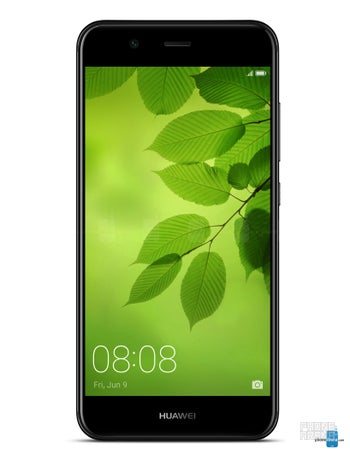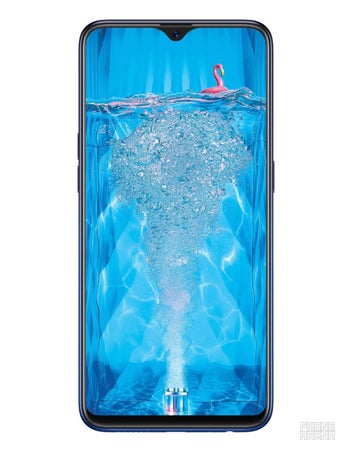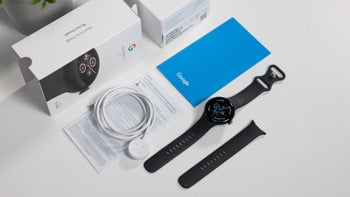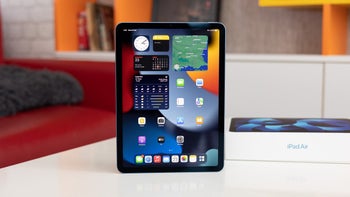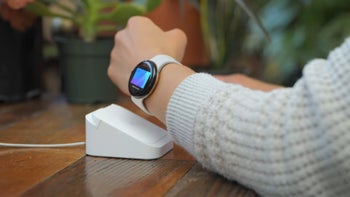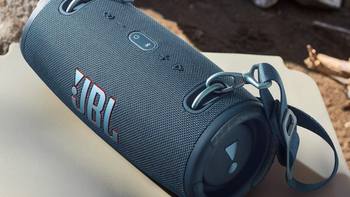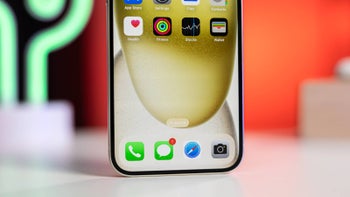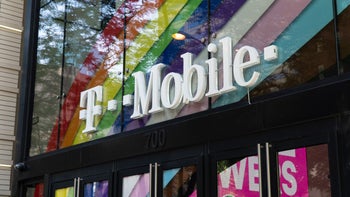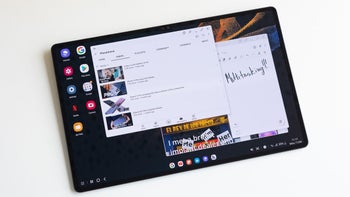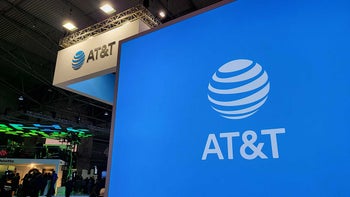Display
Size:
5.5 inches
6.3 inches
Resolution:
1920 x 1080 pixels, 401 PPI
2340 x 1080 pixels, 409 PPI
Technology:
IPS LCD
IPS LCD
Screen-to-body:
72.30 %
84.11 %
Features:
Ambient light sensor, Proximity sensor
Scratch-resistant glass (Corning Gorilla Glass 6), Ambient light sensor, Proximity sensor
Hardware
System chip:
HiSilicon Kirin 659
Mediatek Helio P60 MT6771 (12 nm)
Processor:
Octa-core, 2360 MHz, ARM Cortex-A53, 64-bit
Octa-core, 2000 MHz, ARM Cortex-A73 and ARM Cortex-A53, 64-bit
GPU:
Mali-T830 MP2
Mali-G72 MP3
RAM:
4GB
6GB LPDDR4
Internal storage:
64GB
64GB
Storage expansion:
microSDXC up to 128 GB
microSDXC up to 128 GB
Device type:
Smartphone
Smartphone
OS:
Android (7.0 Nougat), Huawei Emotion UI
Android (10, 8.1 Oreo), ColorOS UI
Battery
Capacity:
3340 mAh
3500 mAh
Type:
Li - Polymer, Not user replaceable
Li - Polymer, Not user replaceable
Charging:
Fast charging
OPPO VOOC
Camera
Rear:
Dual camera
Dual camera
Main camera:
12 MP (PDAF)
16 MP (PDAF)
Specifications:
Aperture size: F1.8; Pixel size: 1.25 μm
Aperture size: F1.8; Sensor size: 1/3.09"; Pixel size: 1 μm
Second camera:
8 MP
2 MP (Depth information)
Specifications:
Aperture size: F2.4
Aperture size: F2.4
Flash:
LED
LED
Video recording:
1920x1080 (Full HD) (30 fps)
1920x1080 (Full HD) (30 fps), 1280x720 (HD)
Features:
Time-lapse video, Video calling, Video sharing
Time-lapse video, Video calling, Video sharing
Front:
20 MP
25 MP
Video capture:
1920x1080 (Full HD)
Design
Dimensions:
6.06 x 2.95 x 0.27 inches (153.9 x 74.9 x 6.9 mm)
6.17 x 2.91 x 0.31 inches (156.7 x 74.04 x 7.99 mm)
Weight:
5.96 oz (169.0 g)
5.96 oz (169.0 g)
Materials:
Back: Aluminum
Back: Glass
Biometrics:
Fingerprint (touch)
Fingerprint (touch)
Keys:
Right: Volume control, Lock/Unlock key
Left: Volume control; Right: Lock/Unlock key
Colors:
Black, Gold, Blue
Purple, Blue, Red
Cellular
4G (FDD):
Bands 1(2100), 3(1800), 5(850), 7(2600), 8(900), 18(800 Lower), 19(800 Upper), 20(800 DD), 26(850+)
Bands 1(2100), 3(1800), 5(850), 7(2600), 8(900), 20(800 DD), 28(700 APT)
4G (TDD):
Bands 38(2600), 40(2300), 41(2600+)
Bands 38(2600), 40(2300), 41(2600+)
3G:
Bands 6(800), 5(850), 8(900), 1(2100)
Bands 5(850), 8(900), 1(2100)
Data Speed:
LTE, HSDPA+ (4G) 42.2 Mbit/s, HSUPA 5.76 Mbit/s, UMTS
LTE-A Cat 12 (600/100 Mbit/s), HSDPA+ (4G) 42.2 Mbit/s, HSUPA 5.76 Mbit/s
Dual SIM:
Yes
SIM type:
Nano SIM
Nano SIM
Multimedia
Headphones:
3.5mm jack
3.5mm jack
Speakers:
Earpiece, Loudspeaker
Earpiece, Loudspeaker
Features:
Album art cover, Background playback
Album art cover, Background playback
Screen mirroring:
Wireless screen share
Wireless screen share
Radio:
FM
Additional microphone(s):
for Noise cancellation
for Noise cancellation
Connectivity & Features
Bluetooth:
4.2
4.2, EDR
Wi-Fi:
802.11 b, g, n; Wi-Fi Direct, Hotspot
802.11 a, b, g, n, ac, dual-band; Wi-Fi Direct, Hotspot
USB:
Type-C (reversible), USB 2.0
microUSB, USB 2.0
Features:
Mass storage device, OTG, Charging
Charging, OTG, Mass storage device
Location:
GPS, A-GPS, Glonass
GPS, A-GPS, Glonass, BeiDou
Sensors:
Accelerometer, Gyroscope, Compass
Accelerometer, Gyroscope, Compass
Other:
VoIP, Tethering, Computer sync, OTA sync
VoIP, Tethering, Computer sync, OTA sync
Regulatory Approval
FCC approval:
Date approved:
Jul 19, 2017
FCC ID value:
QISBAC-LX3
Measured SAR:
Head:
1.30 W/kg
Body:
0.79 W/kg
Simultaneous Transmission:
1.43 W/kg
Wireless Router:
1.30 W/kg
Phablet:
3.11 W/kg
Availability
Officially announced:
Jul 11, 2017
Aug 15, 2018
